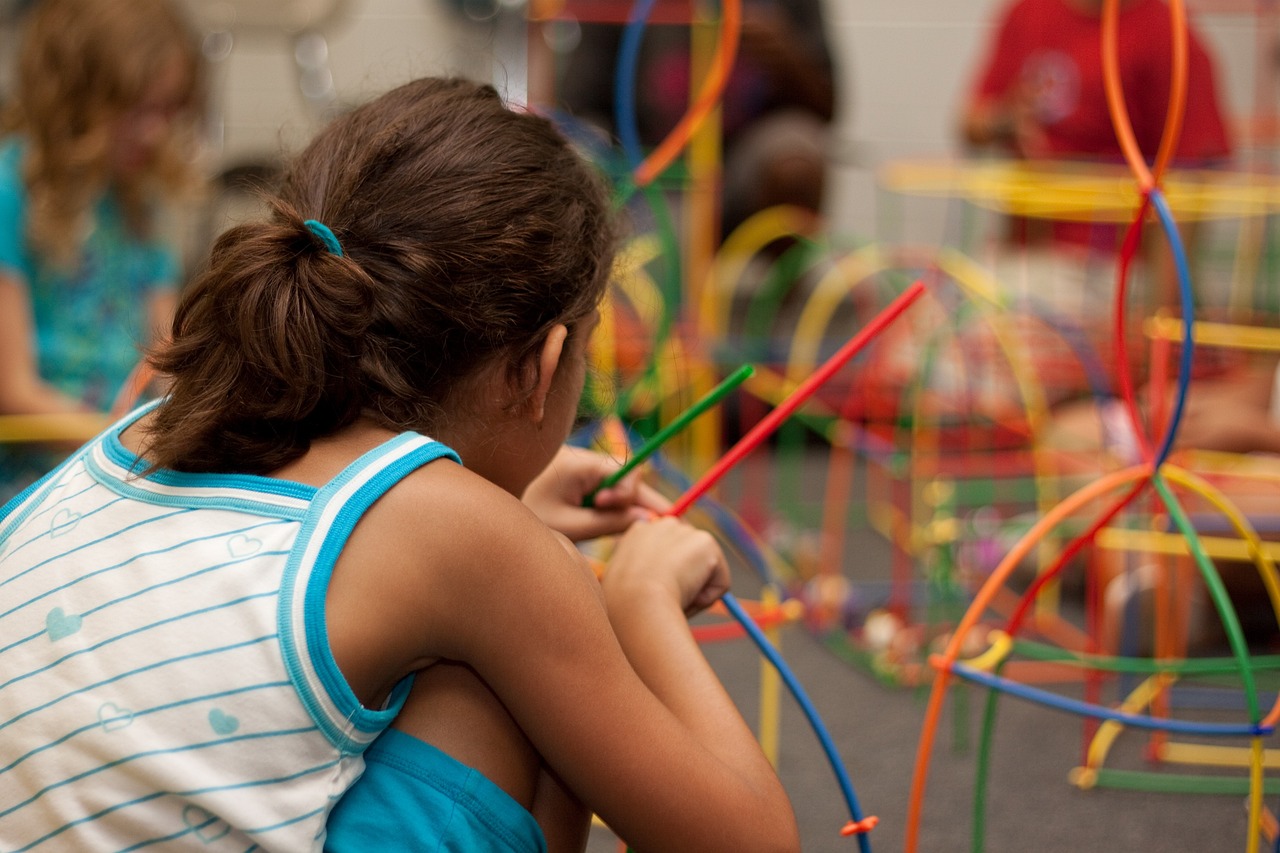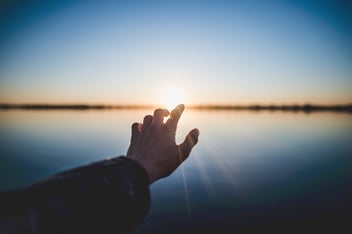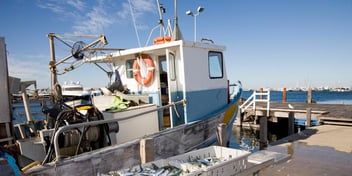Indigenous-led youth outreach program inspiring the next generation of engineers

In a bid to support Indigenous students to pursue careers in engineering, one Indigenous-led and Indigenous-designed outreach program is inspiring youth on Country with the opportunity to work on real-world challenges within their communities.
Set to present at Ozwater’24 on the Engineers Without Borders Australia (EWB) Youth Outreach Engineering Program, Pathways Outreach Program Manager Joshua MacLeod said the new initiative envisions a world where First Nations engineers not only have a voice at the table, but are also designing solutions for their own communities.
“Within the STEM field more broadly, but within the engineering sector specifically, there is a huge deficit of Indigenous and Torres Strait Islander engineers and professionals. There is a small network of us. It’s small enough that we all know one another,” he said.
“We want to be present in the room for all of the conversations, particularly around water. It’s critical for our human needs, but it is also culturally significant for a lot of our Indigenous communities.
“External organisations come in with external solutions and they don't often fix the issue. But First Nations peoples know what their communities need, they have 65,000 years of knowledge around how to manage their land and waters.
“We are engaging with Indigenous youth on Country to show them that engineering is something that they have always already been doing, and that it is absolutely possible for them to pursue it as a career.”
MacLeod said opportunities to pursue STEM learning aren’t always clear to students, particularly in remote communities, which leads to a general lack of confidence when the time comes to decide on a job or a career path.
“There are some incredibly smart kids out there, but they are not always supported. And so, this program is all about exploring all the exciting ideas they have and ensuring they know this work can be a part of their future,” he said.
“Often we engage with Indigenous youth too late. But by talking to kids while they are in primary school, and inspiring a bit of excitement, they’re more likely to be interested in engineering as they continue through school.
“This helps students that leave school feel more familiar with the idea of working as an engineer on Country. It’s far less intimidating if they have had avenues of exposure the whole way through. We are trying to unlock all of those doors for them.”
Designed and led by community
The youth outreach program is Indigenous-led and Indigenous-designed from start to finish, making it the first of its kind. MacLeod said the process started with the inaugural Yarrawarra Forum – a two-day event held in Sydney to discuss the potential of the program.
“Everyone at the event was Indigenous – educators, engineers, Elders, community members or students. It was about coming together to create a program for us, by us. And to speak about what we want out of a youth outreach program as Indigenous people,” he said.
“After the Yarrawarra Forum, I was engaged by EWB as an Aboriginal man to facilitate the pilot for this program. It was all about navigating the information shared at the Yarrawarra Forum to transform those aspirations into a program.
“We have an all-Indigenous steering committee. Myself and my colleague on the project from EWB are both Indigenous. So we have an all-Indigenous team on this project. It’s truly Indigenous-led from all aspects.”
MacLeod said being Indigenous-led and designed is the program’s biggest strength.
“To my understanding, this is one of the only programs in Australia that has Indigenous leadership all the way through. It’s a very unique advantage that we have, and one of the key factors that communities consider when we engage with them,” he said.
Pilot in action
Two pilots of the program have now completed, MacLeod said, with both trials following a deep and comprehensive engagement process with the communities involved.
“About three months prior to delivering the program on Country, we begin lots of conversations with local Aboriginal corporations, local Elders, local teachers that are Indigenous – anyone who has an influence in the area,” he said.
“The conversations are about the challenges within that particular community. And those are not necessarily education challenges, they are anything that could be made better in the community from an engineering perspective.
“We unpack all of this discussion and start to consider what we could inform the kids about and how they could have an input, too.”
For the first pilot, the community expressed that their biggest priority was water issues, including water security concerns and the quality of water treated for potable use.
“The community had been struggling with water security for some time. In town, the students explained that the day the town supply of water gets treated, they buy more conditioner and moisturiser,” he said.
“The treated water impacts their hair and skin, and so they buy these products to counter the negative effects on their body. The students are already observing and analysing their local water issues from such a young age. They know what’s happening.
“This particular community wanted to engage with their kids about water. One of the themed areas we built into this particular program was around waterways, and was informed by all the conversations we had with Elders and the community.”
“From there, we were able to determine what we needed to include about how water is sourced, which water is healthy and what water is not.”
Ensuring cultural safety is a crucial element of the program, MacLeod said, and is achieved by respectfully segregating cultural knowledge from engineering know-how, and ensuring local knowledge is not shared or made available to other communities or organisations.
“Importantly, none of the content produced for the program publishes local knowledge. We can’t share these materials. If we share them publicly, that information is then available for other people to take, endangering cultural intellectual property,” he said.
“We counter this by having worksheets about water from the engineering perspective, and then allocating space in the program for Elders to come in and share the culture.
“We are making sure that what we teach the kids is specific to their community and their culture. We are not sharing that knowledge with other clan groups, it all stays within that community and on that Country.”
“While building each program from the ground up within each community and maintaining cultural protection is a challenge, it’s also what makes the program exactly what it should be.”
Nurturing relationships
While the program is all about empowering Indigenous communities to manage engineering challenges, MacLeod said the positive impact the pilot had on the facilitators and the students was huge.
“There was a positive, huge growth that occurred around the engagement and through how the program was conducted,” he said.
“It’s very exciting for the students to have a room full of Indigenous engineers supporting them and encouraging them and reminding them that they are just as capable. The day we were leaving, it was quite emotional. Some of the kids were really upset that we had to go.
“Returning to the community and continuing those relationships is important, too. We intend to keep touch points with communities, and return to visit every year.”
MacLeod said the content in the program is not designed to be easy, but the challenge does not deter the students – if anything, it makes them all the more determined.
“The content is complex, it’s designed to be challenging. And it’s amazing to see the students come at the challenges with all of their energy. It’s really powerful stuff,” he said.
“I went through a program like this when I was a kid and I know it impacted my pathway. I know what can come out of this support. That’s my motivation to keep putting these programs forward.”
Interested in learning more about the Indigenous-designed and led Youth Outreach Program from Engineers Without Borders? Register for Ozwater’24 here to attend Josh MacLeod’s presentation.


